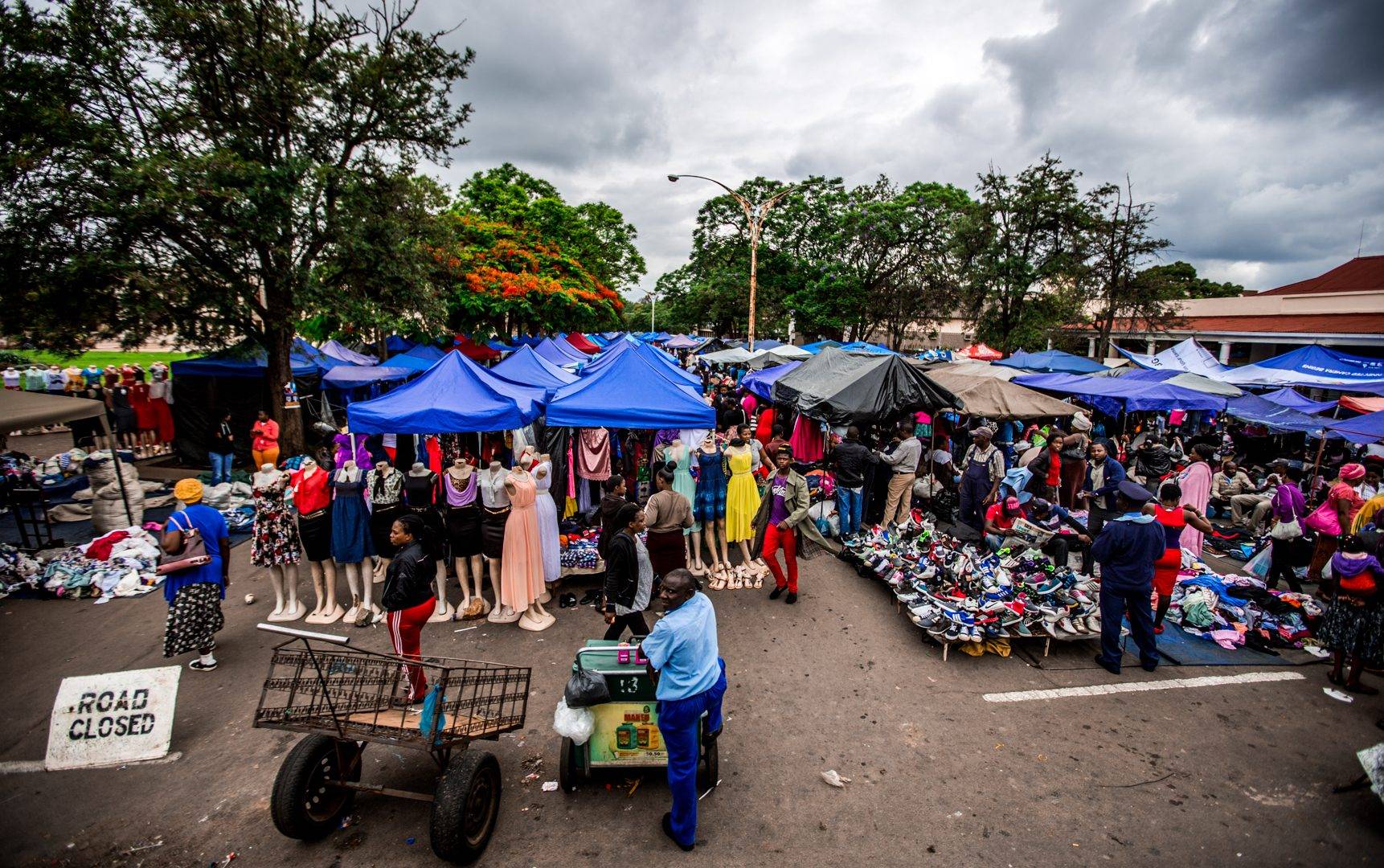Zimbabwe's high levels of informal economic activity remain a significant obstacle in the country's fight against money laundering, officials have warned. The informal sector, estimated to account for 64.1% of the economy, relies heavily on cash transactions, making it difficult for authorities to monitor financial flows effectively.
Speaking at the launch of Zimbabwe's third National Risk Assessment (NRA) and the Anti-Money Laundering/Countering the Financing of Terrorism (AML-CFT) strategy for 2025–2029 in Harare on Wednesday, Finance, Economic Development and Investment Promotion Deputy Minister Kudakwashe David Mnangagwa highlighted how the predominance of cash transactions outside formal systems complicates enforcement.
"Now one of the notable findings in the NRA report relates to the level of informalisation of our economy when a significant proportion of transactions are being concluded in cash outside the formal financial system and thus beyond the line of sight of the FIU, ZIMRA, and other law enforcement agencies," Mnangagwa said. He added that government policies under the forthcoming National Development Strategy 2 (NDS2) would focus on encouraging greater formalisation of the economy to improve monitoring and compliance.
FIU Director-General Oliver Chiperesa echoed the concerns, noting that the informal sector's reliance on cash transactions hinders the detection of illicit activities. He explained that authorities often track cash flows through high-value purchases, such as real estate and vehicles, which can reveal the sources of illicit funds. "What we then do is try to look at the manifestations of those cash transactions," Chiperesa said. "They normally manifest themselves through purchase of high-value assets, which is why we focus on supervising real estate agents to see where the cash is coming from. The agents must also implement anti-money laundering measures."
While the FIU cannot directly enforce the adoption of electronic payments or the Zimbabwe Gold (ZiG), Chiperesa said the agency concentrates on tracing cash transactions to their endpoints. He added that the NRA's purpose is to identify major financial crimes and the illicit proceeds they generate, enabling authorities to focus efforts where they are most needed.
Chiperesa stressed that policy refinements under NDS2 would play a crucial role in encouraging formalisation, which in turn strengthens anti-money laundering oversight. "The government is aware of the need to put in place policies and measures that encourage formalisation. As anti-money laundering authorities, we want to support those policies and initiatives because they help us track transactions and tackle illicit activities," he said.
The officials' statements underscore the intertwined challenges of informal economic activity, cash dependency, and financial crime, highlighting the importance of formalisation in enhancing Zimbabwe's anti-money laundering framework.
- Newsday
 OK Zimbabwe posts US$17,8 million loss
OK Zimbabwe posts US$17,8 million loss  Hichilema meets Chivayo
Hichilema meets Chivayo  Millions celebrate Diwali festival in India
Millions celebrate Diwali festival in India  Econet Zimbabwe to delist from ZSE
Econet Zimbabwe to delist from ZSE  Gold edges up as traders await guidance
Gold edges up as traders await guidance  Mnangagwa fires Chitando, appoints Polite Kambamura
Mnangagwa fires Chitando, appoints Polite Kambamura  Young Investment Professional (YIP) Graduate Programme 2019
Young Investment Professional (YIP) Graduate Programme 2019 











 Young Investment Professional (YIP) Graduate Programme 2019
Young Investment Professional (YIP) Graduate Programme 2019
Editor's Pick